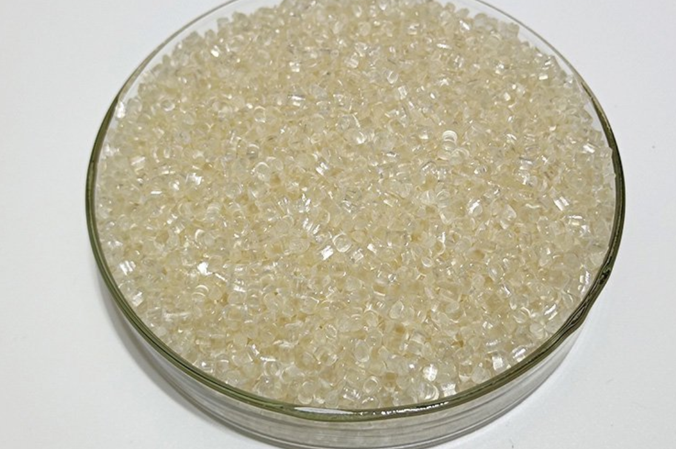Polyphenylsulfone (PPS) is a polymer that has many industrial and commercial applications. It is a thermoplastic with superior electrical, thermal, and chemical properties. PPS films are used in a variety of industries including automotive, electronics, medical devices, and aerospace. There are several reasons why PPS is so popular: it is lightweight; it has good dimensional stability; it can be processed at low temperatures; it has good resistance to chemicals and ultraviolet light, and it is inexpensive.
Properties of Polyphenylsulfone:
Polyphenylsulfone (PPS) is a high-performance thermoplastic with excellent mechanical, thermal, and chemical resistance. It has a very low coefficient of friction and is highly resistant to solvents and radiation. PPS is also non-toxic and has low flammability. These properties make it an ideal material for use in many applications, including medical devices, aerospace engineering, and manufacturing.
Polyphenylsulfone Manufacturing:
PPSU material is a thermoplastic, engineering-grade polymer that is used in the manufacture of medical devices and industrial products. It is a high-performance plastic that offers excellent resistance to solvents, acids, bases, and fuels. PPSU is also non-toxic and can be sterilized using radiation or heat.
Applications of polyphenylsulfone
Polyphenylsulfone is a thermoplastic polymer that is used in a variety of applications. It has excellent mechanical and thermal properties, as well as good chemical resistance. This makes it ideal for use in engineering applications, such as gears and bearings. It can also be used in the manufacture of medical devices and implants.
Pros and cons of Polyphenylsulfone:
Polyphenylsulfone is a synthetic polymer that has many applications in both the industrial and commercial sectors. It is often used in the production of plastic parts because it is strong, lightweight, and resistant to heat and chemicals. However, there are also some disadvantages to using Polyphenylsulfone. For example, it can be expensive to produce, and it can also be difficult to recycle.
Advantages of Polyphenylsulfone Material:
polyphenylsulfone (PPSU) is a versatile engineering thermoplastic that offers many advantages over other materials. PPSU has a high resistance to heat and chemicals and is able to withstand repeated sterilization cycles without degradation. It also has a very low moisture absorption rate, making it an ideal material for medical devices and pharmaceutical packaging. In addition, PPSU is lightweight and strong, making it an excellent choice for automotive and aerospace applications. Read more about What Is the Latest Trend in Plastic Recycling Using Hydrothermal Upgrading.
Polyphenylsulfone Cost:
Polyphenylsulfone cost is an important consideration for many businesses. The high price of this plastic can be a deterrent to its widespread use, but there are many properties that make it a valuable material. Its lightweight and resistance to heat make it a good choice for products that need to be lightweight and withstand high temperatures. It is also durable and can be used in products that require toughness and strength.
Conclusion:
Polyphenylsulfone material is so popular because it is strong, lightweight, and resistant to a variety of chemicals. It is the perfect material for a variety of applications, from medical devices to automotive parts. If you are looking for a material that is both durable and reliable, Polyphenylsulfone is a perfect choice.

